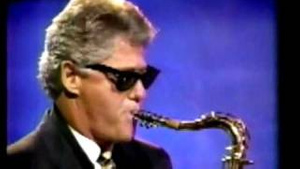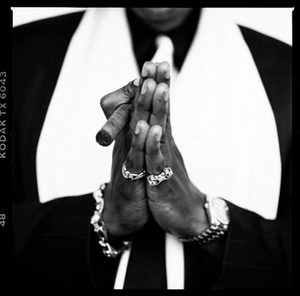I want to be able to make my own songs instead of just playing other stuff that's already made for fun. I've been trying to memorize the fretboard and learn the circle of fifths to make chord progressions. What else is good to know at the beginning?
music theory can be helpful but I’ve found just playing without thinking about it has generated some of my favourite ideas
tryna memorize s*** is procrastination
focus on trying to say what you want to say
 lewinskysdress
lewinskysdresstryna memorize s*** is procrastination
focus on trying to say what you want to say
In my personal experience, I wasn’t really as well equipped to say what I wanted to say until I had more technical ability
It’s not really about memorizing but you gotta know your instrument really well to be able to truly speak
 2words
2wordsIn my personal experience, I wasn’t really as well equipped to say what I wanted to say until I had more technical ability
It’s not really about memorizing but you gotta know your instrument really well to be able to truly speak
That's where I think im at. I know how I feel and I can get flashes of inspiration in my mind on how I want things to sound, but I dont know how to fill in the gaps
 Extintion84
Extintion84I want to be able to make my own songs instead of just playing other stuff that's already made for fun. I've been trying to memorize the fretboard and learn the circle of fifths to make chord progressions. What else is good to know at the beginning?
learn scales and chords, you can pick a scale to practice for 3 days (or maybe a week if you want to really push it) and then move onto the next etc. learn both major and minor
then you can learn the scale degrees and how they pair with chord progressions (a common chord progression in all genres iirc is the i (tonic) iv (subdominant) v (dominant) etc.) and this will make it easier to come up with progressions for songs and the like
learn chord inversions this is extremely seminal because it’ll allow you to introduce new chords into your progression(s) without it sounding jumpy and random, you’ll also want to learn voice leading (the best way to transition into another chord from another)—look into passing tones and chord tones
it may seem like a lot but if you break it down into bite sized chunks and stay disciplined, you’ll start picking up on lots of s*** very easily, you already said you learned some songs (which is phenomenal) so you will probably start recognizing some chords tend to move to others within these songs and/or scales and that’s why they sound good, you can even bite some progressions/chords from the songs you know and attempt to make your own thing out of it as a jumping pad etc. above all else stay consistent, it’s a marathon and not a race
hope this sort of helped